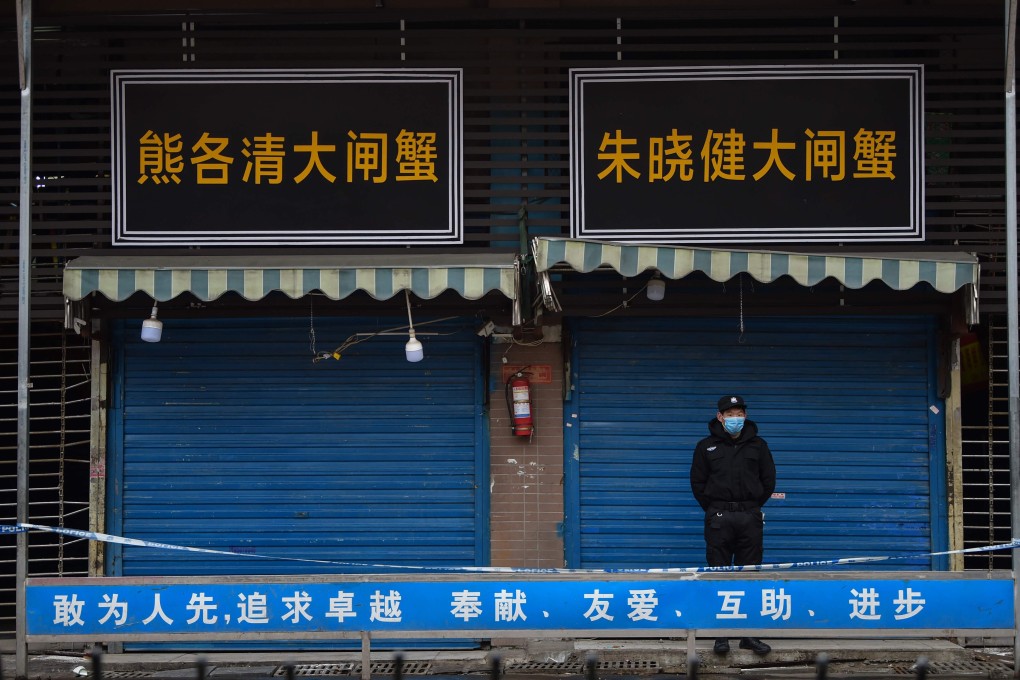WHO-backed probes move forward to try to shed light on early days of coronavirus
- Two missions have been in the works since May, and pressure is mounting for insight into how the virus emerged
- They have a different focus, but both inquiries will dig into a contentious period – the start of the outbreak

Details released last week shed light on the plan for one of those missions, a WHO-led scientific inquiry tracing the origins of the virus, first identified in the central Chinese city of Wuhan last year.
Meanwhile, an independent panel tasked with evaluating the international response to Covid-19 will make establishing an authoritative timeline of the pandemic a “top priority”, the co-chairs of the panel said at a meeting of the WHO’s governing body on Tuesday. “Close attention” will be paid to its early days, according to their progress report.
Both missions have been in the works since May, when they were called for by over 130 member states at the last meeting of the governing body, the World Health Assembly.

03:39
Coronavirus: Europe’s second wave puts hospitals under pressure again as cases soar
Six months later, pressure for insight into how the virus emerged and became a global disaster is mounting amid a surge in cases, with a record 3.6 million infections recorded in the space of a week and a new round of lockdowns and distancing measures being rolled out in Europe and the Americas.